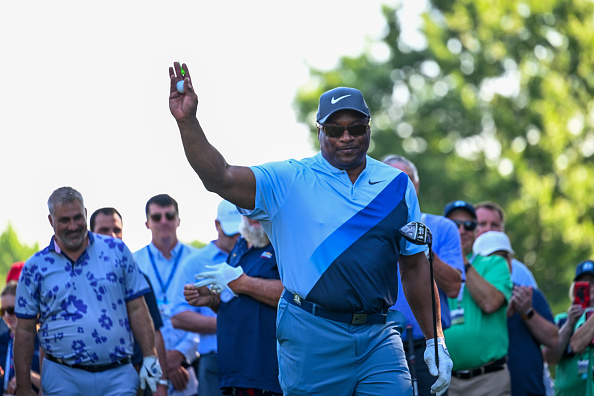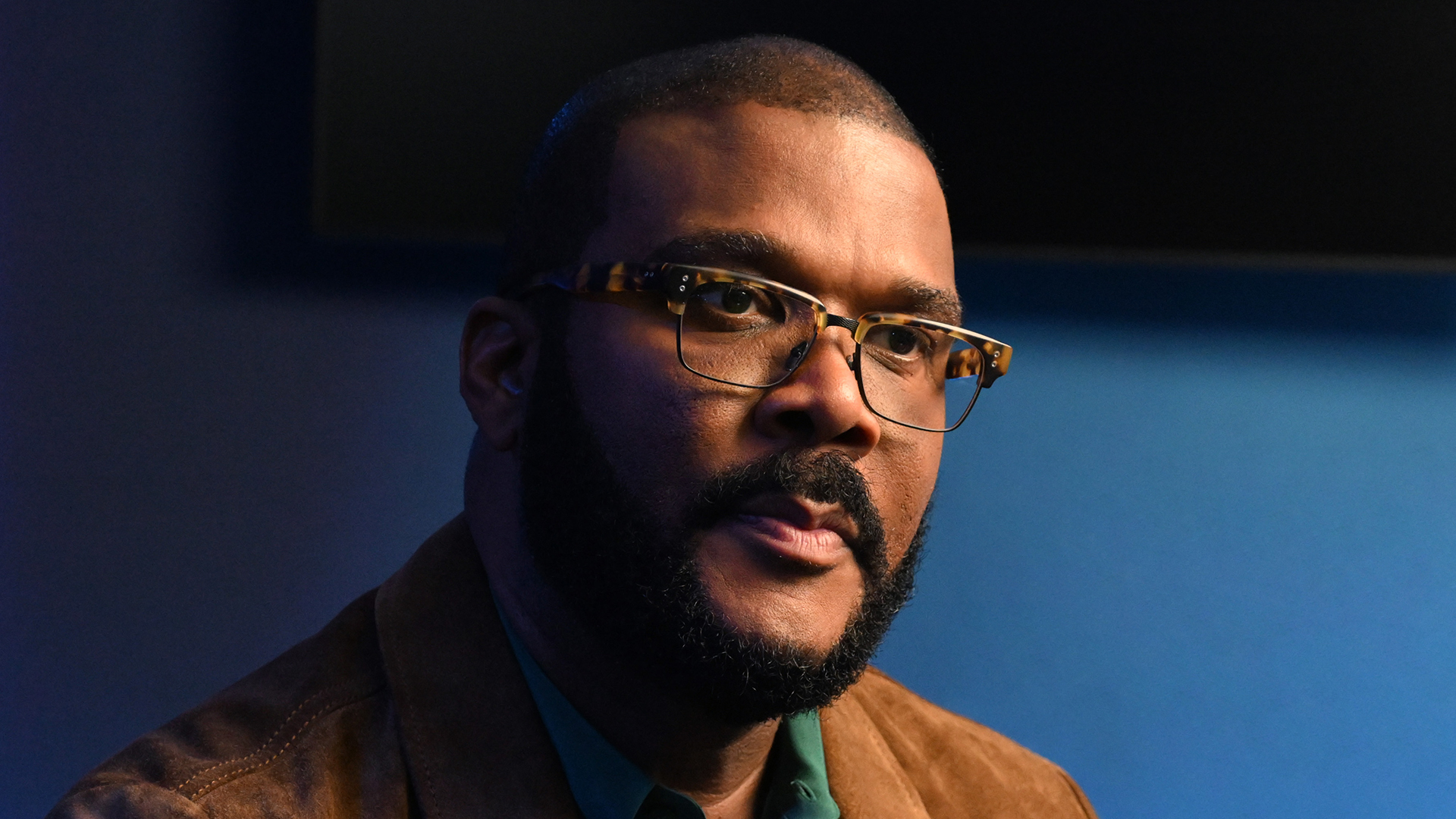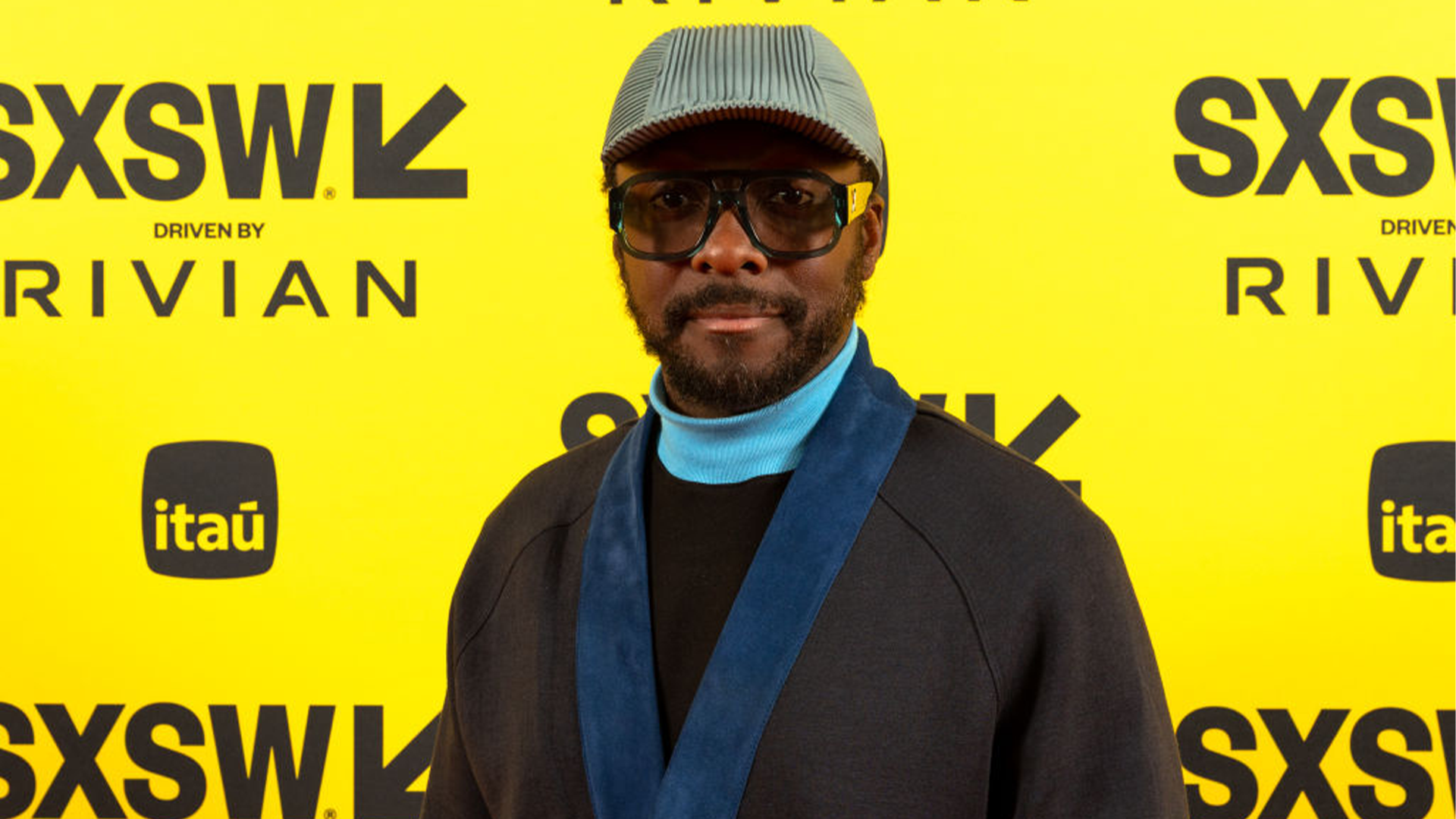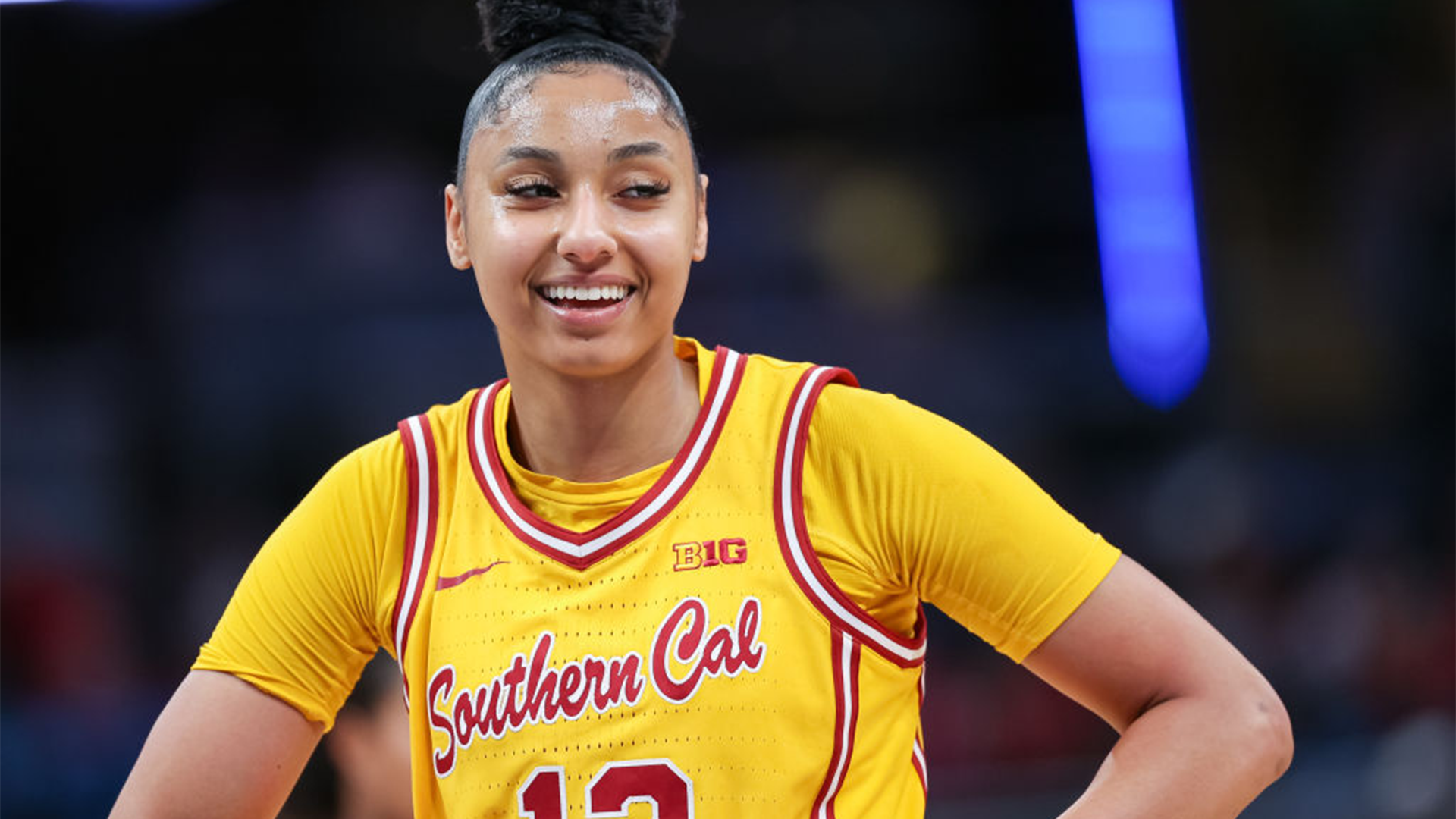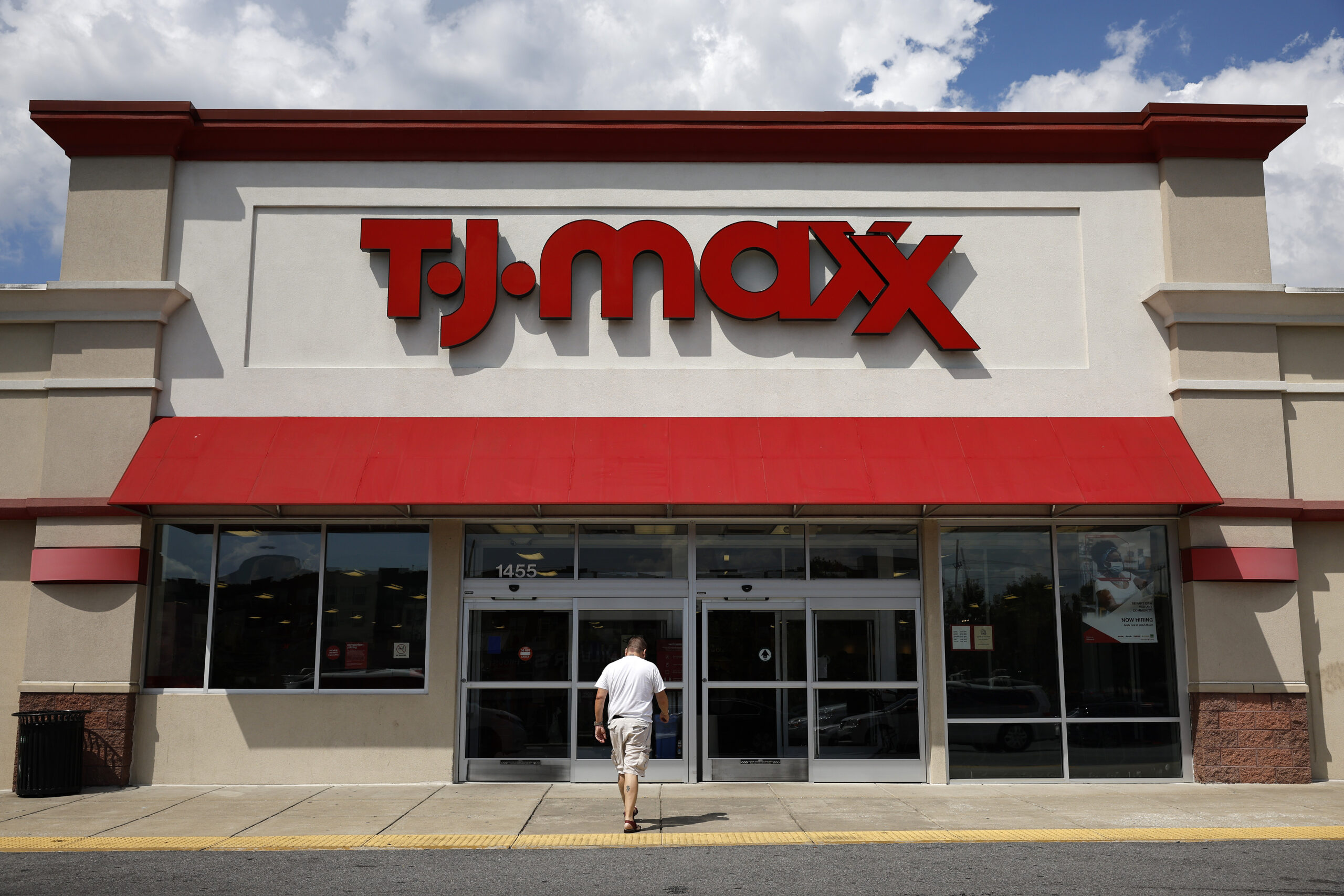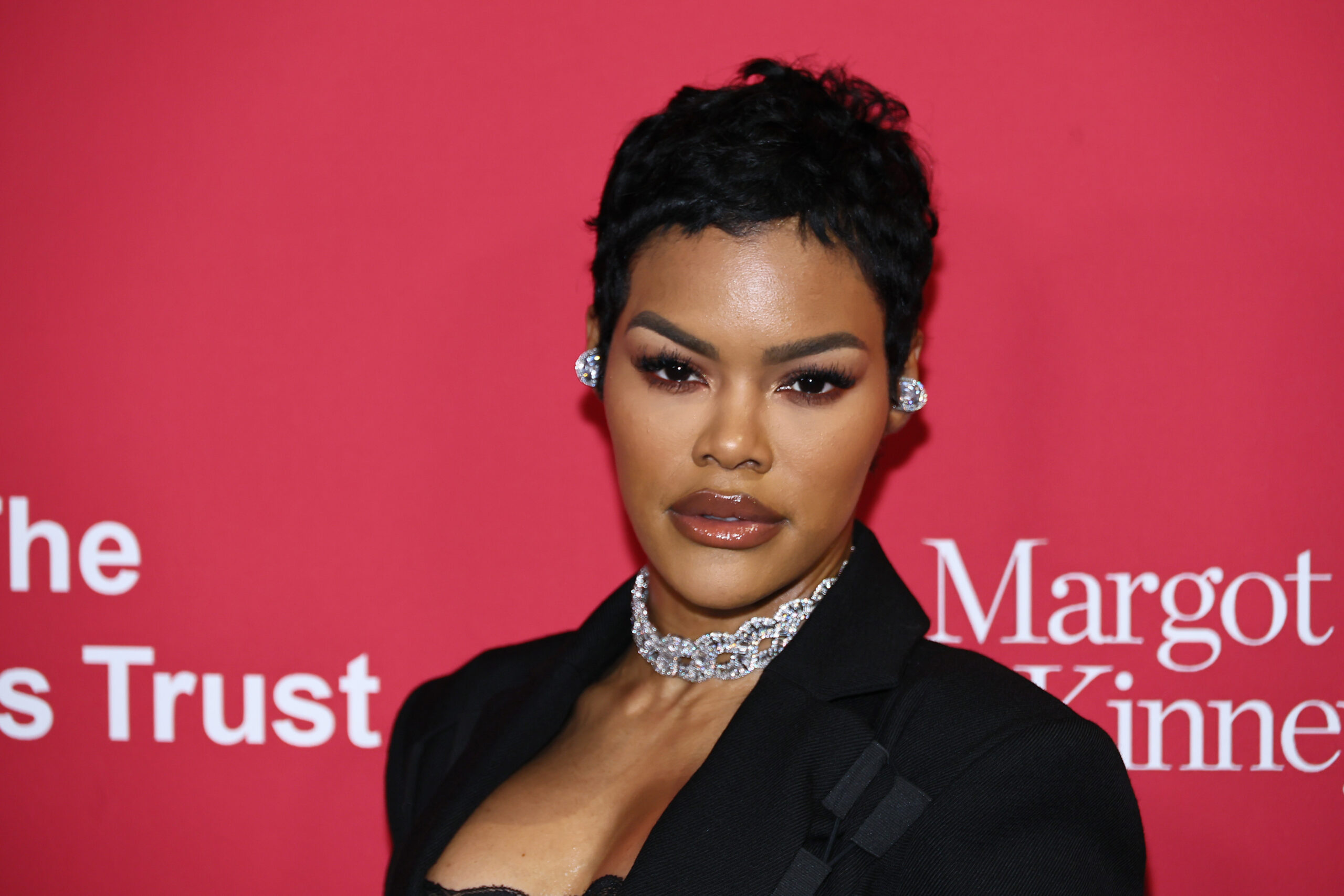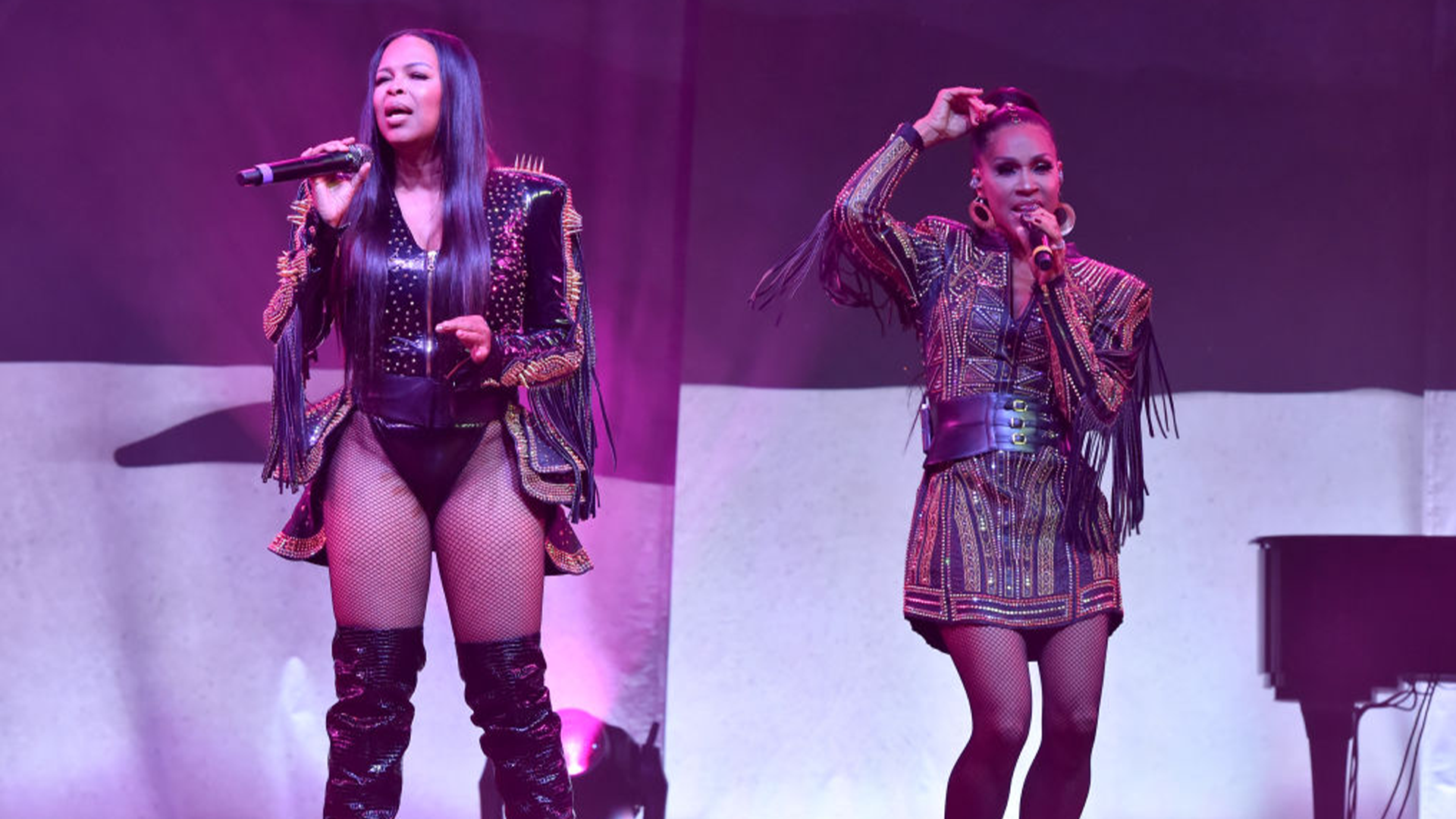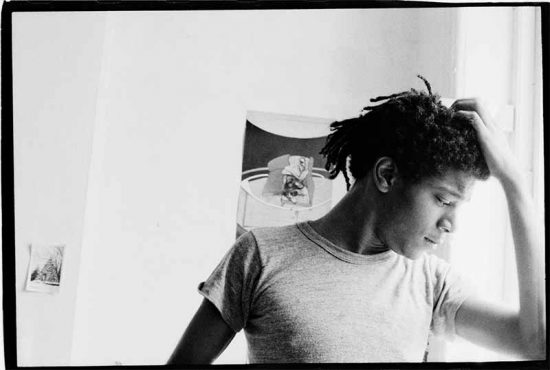Speaker Bios
Valerie Jarrett was the longest serving senior adviser to President Barack Obama. She oversaw the Offices of Public Engagement and Intergovernmental Affairs and chaired the White House Council on Women and Girls. Before joining the White House, she served as the chief executive officer of The Habitat Company in Chicago, chairman of the Chicago Transit Board, commissioner of Planning and Development, and deputy chief of staff for Chicago mayor Richard M. Daley. Jarrett has received numerous awards and honorary degrees, including Time’s “100 Most Influential People.” She is currently a senior adviser to the Obama Foundation, serves on the boards of Ariel Capital Management Holdings, 2U, Inc., and Lyft, and is a senior distinguished fellow at the University of Chicago Law School. Valerie’s upcoming book, FINDING MY VOICE: My Journey to the West Wing and the Path Forward, will be published in April 2019.
Valeisha Butterfield Jones is the Global Head of Women and Black Community Engagement for Google and the Co-founder and CEO of the Women in Entertainment Empowerment Network (WEEN). An award-winning activist, author and executive, Valeisha formerly served as the National Youth Vote Director for President Obama’s 2012 reelection campaign, in the Obama Administration as the Deputy Director of Public Affairs for the International Trade Administration, as the Executive Director of Rush Communications and as the National Director of Diversity and Inclusion for the Alzheimer’s Association. Valeisha is a wife, mom, host of the podcast Off the Record with Valeisha and the author of the highly-acclaimed book The Girlprint, a career mentorship guide for young women.
Notes provided by Evernote
VBJ: You are an inspiration for so many of us. Some of us call you the Sister in Chief…
Jarrett: I couldn’t have done anything I’ve done without love and support, so thank you!
VBJ: We have all seen verbal assaults on journalists; especially black women journalists like April Ryan, Abby Phillip. Some journalists are here in this room. How do you feel about this moment?
Jarrett: The questions that the press is asking are difficult, but they’re fair. We need them to ask those questions. We need the press. Please use your voice to let them know you’re fighting for them. These women should not be at risk doing their job to bring us the news.
VBJ: Let’s talk about the audacity of hope. Not the book, but the reality of it. With Obama, when did you know you would win the election?
Jarrett: I remember watching 60 Minutes with my parents. They grew up in the worst of segregation. And at the end of the segment, my mom asked me that: “when did you know that Obama could win,” Not should, not would, but could. And I said I always thought he could win, because she taught me to always believe that anything was possible. And she said, “oh, but I didn’t really believe that!” See, she raised me aspirationally, and it worked.
VBJ: What was the adjustment like for you, as a mom and businesswoman entering the White House?
Jarrett: The first time I walked in, I started thinking about bills I hadn’t paid from college, parking tickets… Would they really let me in here? And when they greeted me and said, “Welcome to the White House,” I burst into tears. But I was also wondering oh my God, what have I gotten myself into? I felt a huge responsibility to represent and not mess up, because that I knew that would reflect on Obama and reflect on all of us.
VBJ: Let’s talk about the building blocks that led you to that point. Did you always have a North Star, or a vision?
Jarrett: Early on I had no logical vision. I had a 10-year plan to go to law school, join a firm, fall in love, get married, have kids. At age 31 I woke up, and there I was in the Sears Tower in a fancy law firm with all those things I said, and thought everything was great, what could go wrong? Plenty.
Everyone was so proud of me, but my path wasn’t speaking to my passion. But a dear friend of mine encouraged me to join Harold Washington’s campaign for Mayor of Chicago, and I took that leap of faith. It was the first time I listened to the most important voice, which is the quiet one inside of me.
And when he won and I walked into City Hall, I got a tiny cubicle with a window facing an alley. But I knew I was where I belonged. I learned to follow my passion and that became my True North.
VBJ: Why make the pivot to tech at this point in your career? What do your board appointments mean to you?
Jarrett: I turned 60 — that number still horrifies me — right after the 2016 election. I was in a fetal position somewhere, but I said, what can I do next that I care about? What I found in the CEOs of Lyft and 2U is a conviction that diversity is not a “nice to do,” it is a business imperative. 2U offers great opportunities to students for advancement. Lyft helps people with transportation, but they had such a focus on inclusion, that’s what made nme want to work with them.
VBJ: Silicon Valley operates at such a high velocity. How would you advise young parents looking for balance?
Jarrett: I’m writing a book partly about that. I used to think, if I were just smarter or worked harder or could add more hours to the day, things wouldn’t be so hard. But it’s just hard. What can we do to remove those barriers? Look inside yourself. You don’t have to be Superwoman. Good is good enough. When women ask me if you can “have it all,” the answer is not if you try to do it all yourself. Find an employer who supports you and your life. Don’t be in a place where you have to sneak out to take care of your family. Ask about these things in interviews. Look for a job with the things you need to make your life whole. Don’t feel guilty about the number of hours you work, it’s the quality that matters. Spend less time worrying, lighten up on yourself a little bit, and just be present as a parent.
VBJ: Tell us about that new book.
Jarrett: It’s coming out next April. I started writing it because my daughter was interviewing me for StoryCorps, and asked what would I tell a 30-year-old Valerie Jarrett? And that got me thinking. I hope the book will make you laugh, make you cry, but my dream is for you to say, “That was useful to me in my life.”
VBJ: How do you find hope during these difficult times. I’m living in cognitive dissonance. I’m fatigued, numbed. What can we do to draw on each other?
Jarrett: That’s exactly the answer: we have to draw on each other. The impact of the events, tone, and rhetoric from senior people in government are having on our communities, our kids, our position on the global stage, is huge. Our president is supposed to be the leader of the free world. It’s incumbent on us to hold officials accountable. I’m encouraged by what happened in the midterm elections. Young people showed up in record numbers. Women were elected in record numbers. I talked to that rockstar Andrew Gillum this morning, and he said, this isn’t about me, it’s about those people who cast votes and making sure all those votes are counted. My point is, when people get engaged, and don’t just protest but vote, hold elected officials accountable, run for office themselves, that’s how we make a difference.
I travel around the country and see so many ordinary pepe doing extraordinary things. Just look at this room. You’re transforming the world. But there are also a lot of people suffering from loneliness and depression. Reach out to them. Don’t let them be alone.
Q&A
Q: You spoke about engagement and accountability being connected. How can companies make that part of their values?
A: Tone starts at the top. Culture starts with education and reinforcement. Lyft does implicit bias training for everybody and makes that part of the hiring process. When I first spoke to the company, I was amazed at how diverse the audience was, and that was intentional. Because they know you have to meet people where they are, so you can’t just hire people from your own school.
They recognize that your company will be more competitive if your employees look like the market base. They’ll push you in different directions and make you stronger.
Q: How do we push our organizations to be more inclusive?
A: Pushing in your organization is not always easy. You risk rejection or even being penalized. But tell them we need more people, we need more resources, we need support. Tell them. If you do get pushback, you’re in the wrong place. So leave!
Q: Funders don’t believe in my company’s customer base: black women in a place with a small black population. How do we get the attention of companies who don’t see that as a relevant base to invest in?
A: Do not be shy. Right here is perfect to get that attention, so get outside your comfort zone and introduce yourself. Start with the person sitting next to you right now. And don’t fear rejection. That is life. And for women especially, don’t undersell yourself. We do that a lot. Exercise self care. Get sleep. See your doctor. Spend time with people you love. They will be your sustenenace and prepare you to fight another day.
Q: You talked about 30 year old Valerie and 60 year old Valerie. What’s the pan for your next 30 years?
A: Actually, my mother just turned 90. She still works full time! So that’s my role model. I’m going to focus on the substantive issues I care about and civic engagement, getting young people to show up and knock on doors and run for office, giving back to their community. I want to excite people about the power they have, and empower them to be a voice of good for others.





